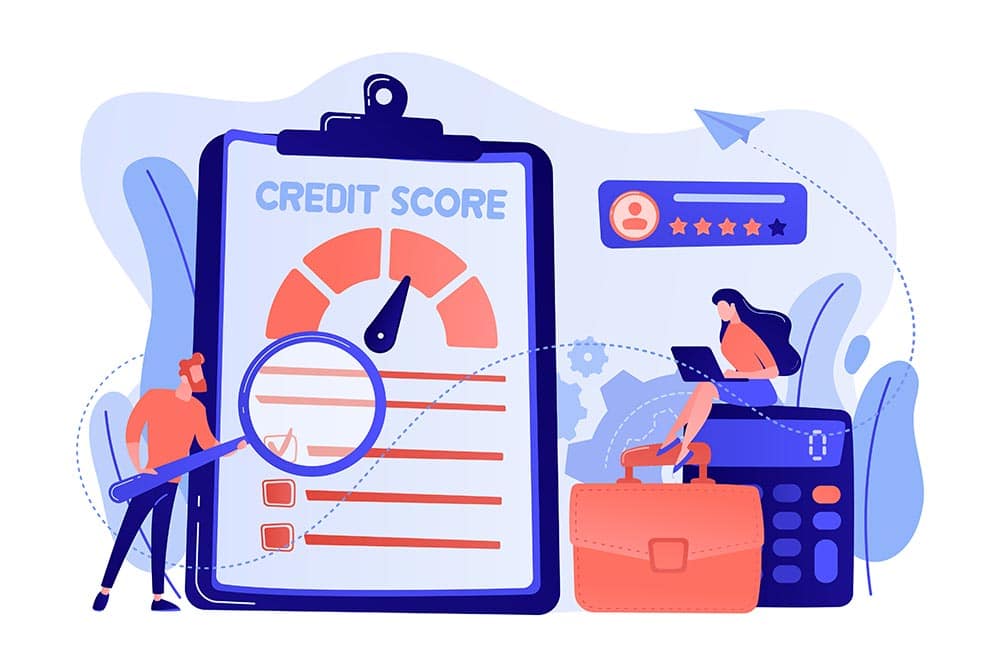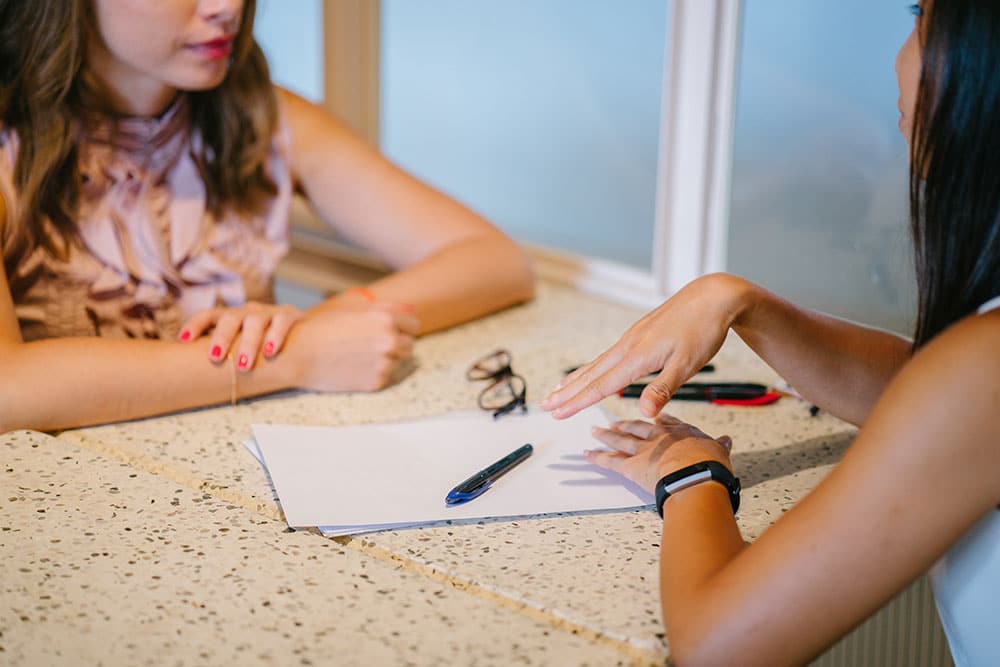5 Mistakes to Avoid to Help Paying Off Your loans
Paying off your loan to help increase your credit score can be a difficult task when you accumulate debts. However, becoming aware of your indebtedness and being firmly committed to breaking free of the debt trap is the first step to improve your credit score. But you still need to implement a coherent and effective action plan with effective tools to get out of this downward spiral.
Here are 5 mistakes to avoid when paying off your debt in order to keep your debt under control.
Not setting a budget
The process of putting your income and expenses down in black and white on a debt repayment plan has several virtues.
A few steps to consider
- This already lets you take stock of the balances due and look the situation in the face by identifying all the accumulated types of debt.
- Starting from a budget developed in this way, you can also analyze the causes of the problem and look for solutions, especially sorting out the essential expenses and the unnecessary expenses, helping avoid credit card debt.
- With a budget, there’s no more driving by feel: you stick to what is budgeted, taking care to remain below the bar of 30% indebtedness all the time. The less extra payments you make, the faster you will pay off your loans.
focus on realism to pay off your loans
Of course, the debt management plan must be realistic so that it can be followed. If it’s not sustainable, you may find yourself having to borrow extra cash to pay for essential expenses, such as groceries or energy bills. Having good spending habits is a simple step to help pay off your loans and increase your credit score.
Taking out new loans
If on one hand, you’re paying off your loans, and on the other, you keep taking out loans, buying on credit, and spending money with your credit cards at a regular rate, you’re not putting yourself in a position to get out of debt.
You should therefore reserve the use of credit card balances and the reliance on loans for emergency situations and refrain from paying for anything else with credit. You will manage to stop or at least reduce your credit card debt.
Paying the minimum amounts
It’s always possible to pay the minimum payment amount indicated on your credit card statement each month. We call this technique debt snowball. However, by doing so, you’re more or less only paying the interest and very little of the principal. And it could take you several years to repay a debt of a few thousand dollars even if you no longer use your cards to pay for purchases on credit.
Pay off the high interest first
It’s therefore an essential step to pay amounts greater than the bare minimum for each monthly payment while setting a realistic amount to help pay off your loans. You could also consider the consolidation loans.
Drawing on your emergency fund
Certain well-meaning people allocate their emergency cash to repay their debt. This is a mistake, because if the slightest problem occurs, they are obliged to rely on credit once again to cover the unexpected costs.
Nobody is immune from having to repair a car that breaks down or unpaid health expenses. Keeping extra money for unexpected emergencies is always good to avoid another loan.
Repaying the small debts first
It’s mistakenly believed that it’s preferable to pay off your small debts first before tackling the larger ones. However, those with the highest interest rates, such as credit cards, should be paid off first.
These techniques are known as the debt avalanche methods. By even partially paying off the high interest loans, you’ll reduce the interest on your loans as much as possible and get yourself out of debt faster. The higher the rate is, the faster you should pay it off.
Discipline is the key
Besides the desire to put an end to an uncomfortable situation, getting rid of your debt requires consideration and discipline. With a solid debt strategy consisting of setting a realistic budget, refraining from taking out new loans, and paying off loans as much as possible each month, you can reach debt freedom and regain control of your financial situation by increasing your credit score.
Get in touch with experts
However if you need help on this process, you can also contact a financial counselor that could help you in your debt payments or managing your accounts for example. He could also help you build a bad credit consolidation loan.





